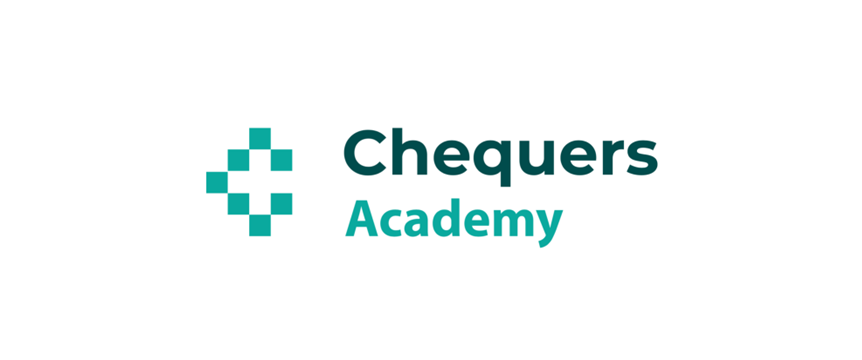- April 1, 2024
- Posted by: Irafan
- Category: Medical
Overseas doctors form a critical component of the NHS workforce, making up 38% of all licensed doctors in the UK. Their contribution is essential, yet many face distinct challenges as they transition into their NHS roles. At Chequers Academy, we recognise these difficulties and aim to offer targeted support to help international doctors thrive.
Key Challenges for Overseas Doctors
International doctors face unique obstacles that differ significantly from those encountered by their British counterparts:
- Limited Understanding of NHS Processes: Overseas doctors often struggle to find clear guidance on NHS policies, frameworks, and professional standards.
- Career Development Uncertainty: Many international doctors, particularly those in non-training roles, experience uncertainty around career progression and accessing specialty training.
- Sociocultural and Language Barriers: Adjusting to new social norms, language nuances, and workplace cultures can impact confidence and effectiveness.
- Insufficient Induction and Support: Without tailored induction programmes or mentorship, international doctors frequently find themselves navigating complex NHS systems alone.
- Discrimination and Isolation: Subtle biases or overt discrimination may further complicate integration, impacting job satisfaction and overall well-being.
What Do Overseas Doctors Need?
A recent quality improvement project revealed that international doctors overwhelmingly desire:
- Structured, tailored induction programmes
- Regular training sessions addressing their unique needs
- Dedicated mentorship and peer-support groups
- An information-sharing platform to facilitate access to essential resources and updates
The survey showed that only 16% of doctors felt fully supported, highlighting a significant gap in current NHS support structures.
Steps Towards Effective Support
To address these concerns, NHS trusts and educational institutions should consider:
- Creating Tailored Inductions: Induction programmes specifically designed for overseas doctors would greatly enhance initial confidence and competence.
- Peer Mentorship Programmes: Establishing support groups and pairing new international doctors with experienced mentors helps foster professional and personal integration.
- Information Platforms: Accessible, regularly updated platforms providing guidance on NHS systems, career pathways, and professional development would significantly improve doctors’ experiences.
Chequers Academy’s Commitment
At Chequers Academy, we provide structured and supportive training programmes tailored specifically for international doctors. Our courses include comprehensive NHS inductions, professional mentorship, and clear guidance on career progression.
We believe every doctor deserves clarity, support, and opportunities for growth—essential elements to building a successful career within the NHS.
References
- GMC. Reports: key stats from the medical register, 2023. Available at: data.gmc-uk.org
- Jalal M et al. Overseas doctors of the NHS: migration, transition, challenges and towards resolution. Future Health J. 2019;6:76.
- Hashim A. Educational challenges faced by international medical graduates in the UK. Adv Med Educ Pract. 2017;8:441–45.
- Bhat M et al. Difficulties for international medical graduates working in the NHS. BMJ. 2014;348.

